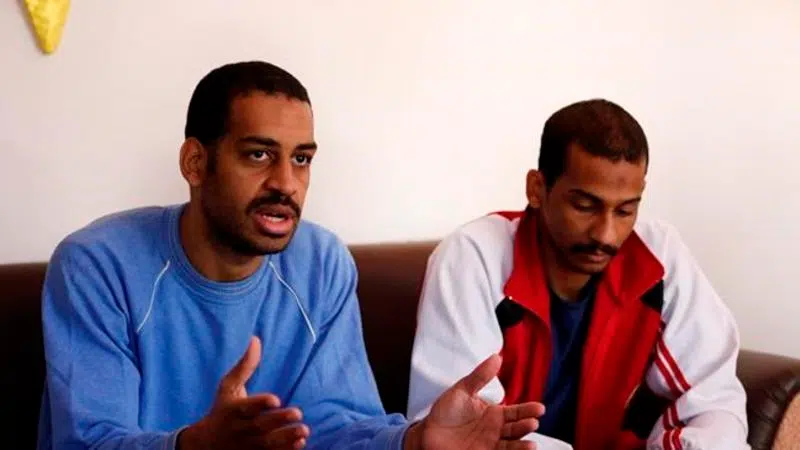
US to hand over to Iraq IS members evacuated from Syria
BAGHDAD — The U.S. will hand over to Iraqi authorities nearly 50 Islamic State members who were transferred from Syria in recent days, two Iraqi intelligence officials said Thursday.
The officials said the IS members were expected to be handed over by Friday. They spoke on condition of anonymity because they were not authorized to brief the media.
The move comes after Turkey began a military offensive into northern Syria against U.S.-backed Kurdish-led fighters of the Syrian Democratic Forces who are holding more than 10,000 IS members. Those include some 2,000 foreigners, including about 800 Europeans.
It wasn’t immediately clear why the 50 IS fighters would be transferred to Iraq, but the group’s self-declared caliphate once sprawled across a large part of both Iraq and Syria. Since the IS was defeated earlier this year, Iraq has held IS captives in secure prisons and tried IS militants in court, including some French foreign nationals.


